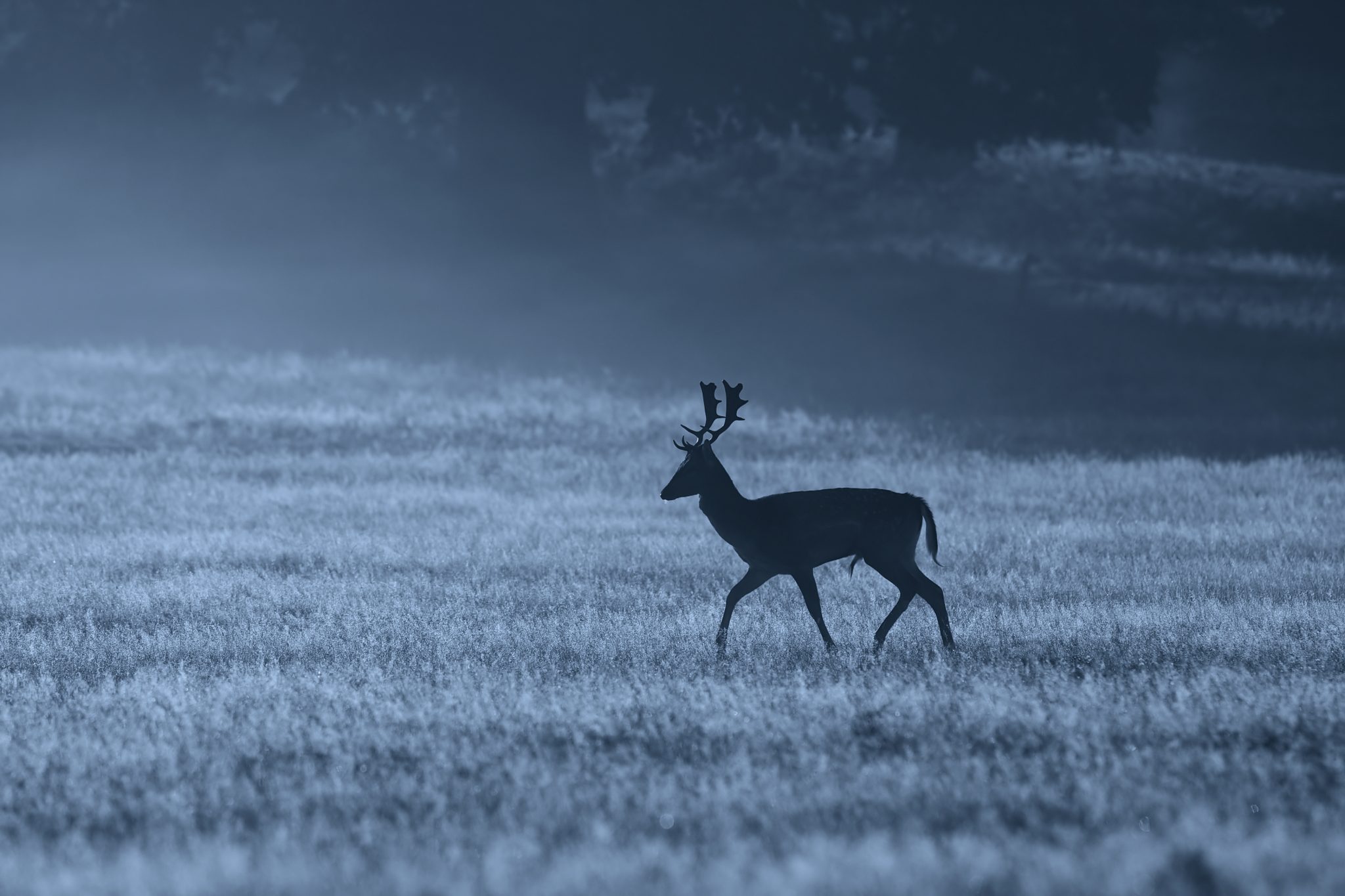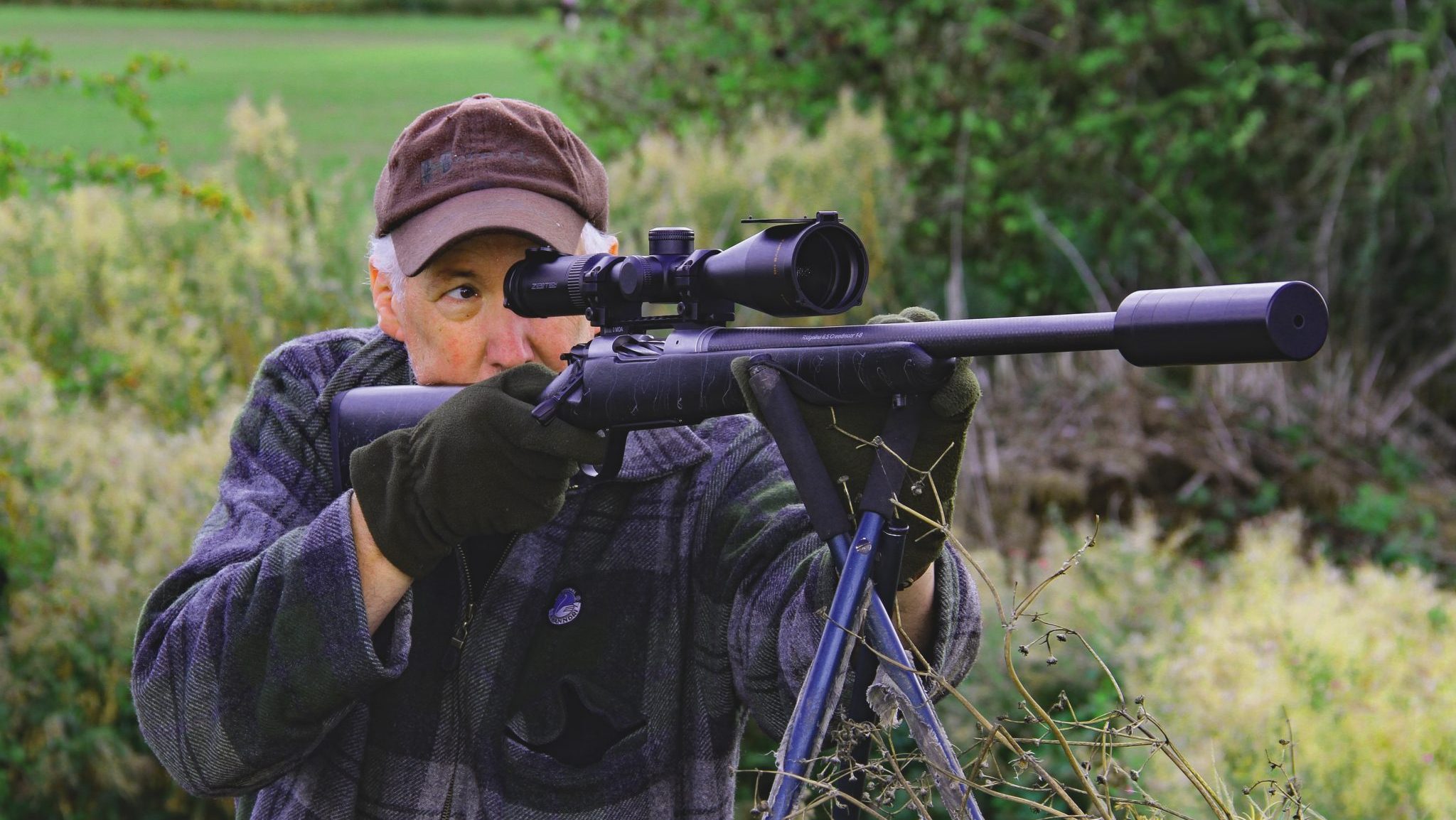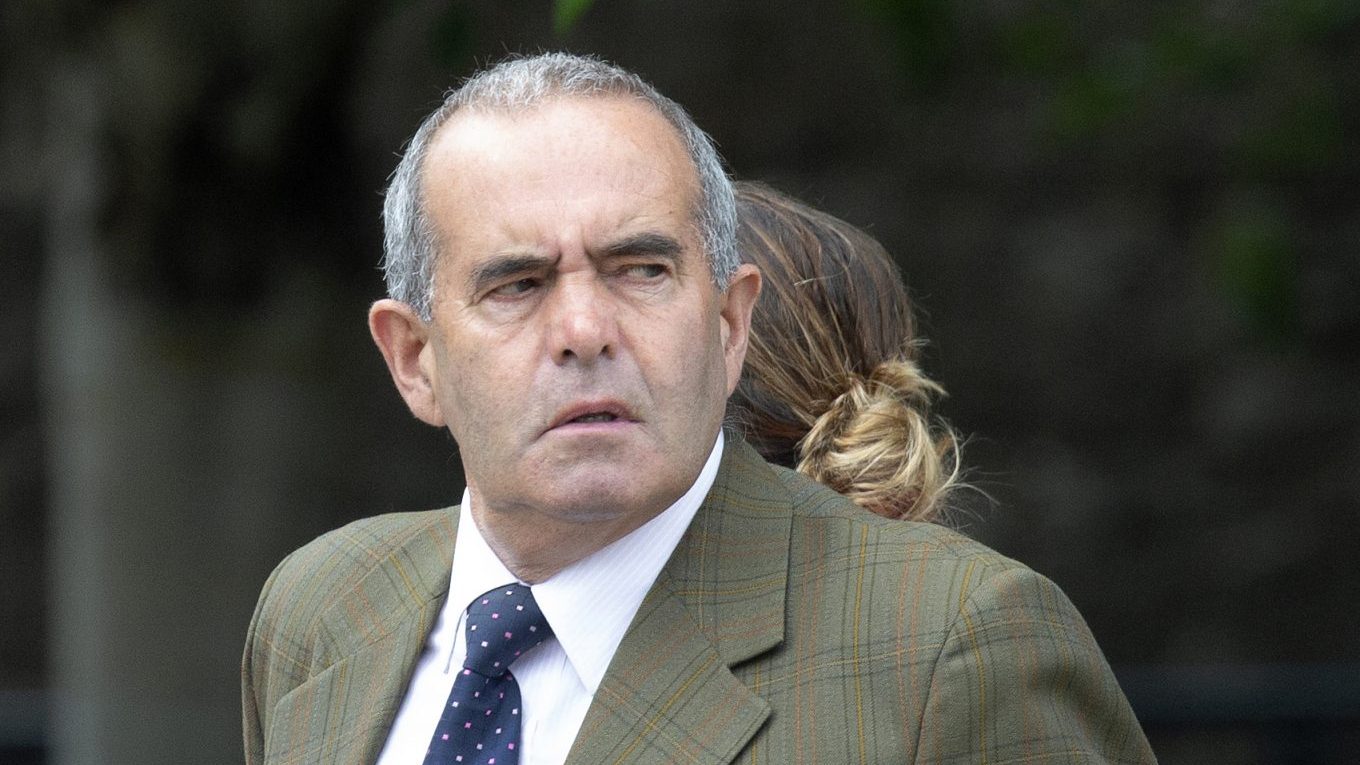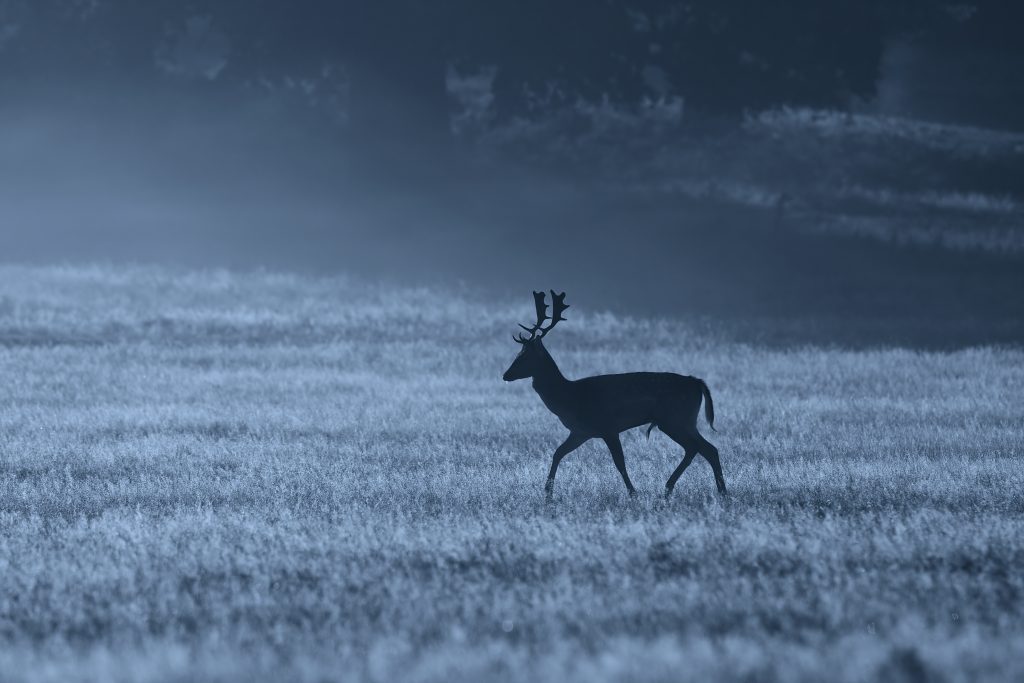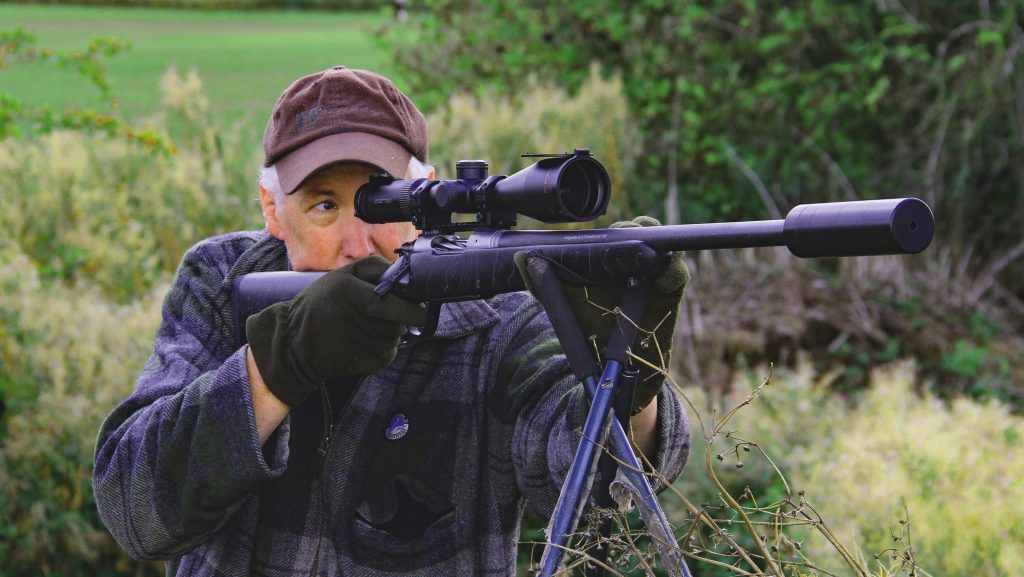★ Win a Schöffel Country shooting coat for everyone in your syndicate worth up to £6,000! Enter here ★
More power to police for tackling poachers
Following countryside organisations’ campaigning, penalties for illegal coursing have increased, with average fines up from £360 to £6,000

Police now have greater powers to tackle poaching – and specifically hare coursing – after sustained campaigning by rural organisations.
Following work to raise awareness of poaching issues by the National Farmers’ Union (NFU), Countryside Alliance (CA) and the Country Land and Business Association (CLA), amendments have been made to the law in the form of the Police, Crime, Sentencing and Courts Act 2022.
This Act amended the Game Act 1831 and the Night Poaching Act 1828 to increase the fines and allow for custodial sentences up to six months or both. It has created two specific offences of trespass with intent to search for or to pursue hares with dogs, and being equipped for searching for or pursuing hares with dogs.
The changes have also increased police powers to seize vehicles and enabled the recovery of police kennelling costs. The courts now have the ability to make disqualification orders, meaning that those convicted could be prevented from keeping a dog. These changes have already begun to have some impact on the prosecution of hare poaching offences.
Research by the CLA has indicated a substantial increase in the level of fines. The CLA looked at 111 cases from before the changes and found the average financial penalty of fines and costs was only £361.95. Since the change in the law the average fine has risen to £5,941.20.
The Sentencing Council held a public consultation on guidelines for the courts for those found guilty of hare poaching (illegal coursing). Those who had been affected by poaching, had legal expertise or wished to comment on any aspect of the issue were encouraged to respond to the consultation. The consultation closed on 25 April. The Sentencing Council provides guidance across a wide range of offences to assist magistrates in making sentencing decisions.
Claire Wright, the CLA’s national access adviser, told Shooting Times: “The CLA is pleased that the law was strengthened to increase the fines for hare coursing. We’ve seen an increase in the level of fines since the change in law, mostly as a result of reclaiming kennelling costs from those found guilty, but there is still an issue with police forces not always having the capacity to seize dogs.
“We responded to the Sentencing Council consultation on hare coursing sentencing guidelines. If these are implemented then we could see more consistency in the sentencing of offenders.”
Related Articles
Get the latest news delivered direct to your door
Subscribe to Shooting Times & Country
Discover the ultimate companion for field sports enthusiasts with Shooting Times & Country Magazine, the UK’s leading weekly publication that has been at the forefront of shooting culture since 1882. Subscribers gain access to expert tips, comprehensive gear reviews, seasonal advice and a vibrant community of like-minded shooters.
Save on shop price when you subscribe with weekly issues featuring in-depth articles on gundog training, exclusive member offers and access to the digital back issue library. A Shooting Times & Country subscription is more than a magazine, don’t just read about the countryside; immerse yourself in its most authoritative and engaging publication.



